HSLS offers classes on database searching, software applications such as Adobe Photoshop, bibliographic management, molecular biology and genetics, and library orientations. For more information visit the online course descriptions.
Classes are held on the first floor of Falk Library (200 Scaife Hall) in classroom 1 and conference room B, and on the second floor in the Computer and Media Center classroom 2. Some classes are also held in the conference room at UPMC Shadyside Libraries. All classes are open to faculty, staff and students of the schools of the health sciences at the University of Pittsburgh and UPMC.
No registration is required for any of these classes. Seating for classes is first-come, first-served, until the class is full. Classes marked with an asterisk (*) qualify for American Medical Association Category 2 continuing education credit.
Class schedules are subject to change. Please consult the online class calendar for the most current information.
HSLS ORIENTATION
Introduction to HSLS Resources and Services at Falk Library
(Meet inside entrance to library)
Wednesday, January 20 11:30 a.m.-12:30 p.m.
Also offered upon request to groups or individuals. Call 412-648-8796.
Introduction to HSLS Services at UPMC Shadyside
Offered upon request to groups or individuals. Call 412-623-2415.
Finding Full-Text Articles at UPMC Shadyside
Offered upon request to groups or individuals. Call 412-623-2415.
SEARCHING DATABASES
PubMed Basics*
Monday, January 11 2-3:30 p.m. (Falk Library Classroom 1)
Wednesday, January 27 10-11:30 a.m. (Falk Library Classroom 1)
Thursday, February 4 2-3:30 p.m. (Falk Library Classroom 1)
Searching in CINAHL*
Thursday, January 21 10-11:30 a.m. (Falk Library Classroom 1)
Focus on Behavioral Medicine: Searching in PsycINFO*
Tuesday, January 26 1-2:30 p.m. (Falk Library Classroom 1)
MOLECULAR BIOLOGY AND GENETICS RESOURCES
Locating Gene-centric Information* (Falk Library Classroom 2)
Wednesday, January 6 1-3:30 pm.
Locating Protein Information* (Falk Library Conference Room B)
Wednesday, January 13 1-3:30 p.m.
Genome Browsers* (Falk Library Conference Room B)
Wednesday, January 20 1-3:30 p.m.
SNPs & Genetic Variation* (Falk Library Conference Room B)
Wednesday, January 27 1-3:30 p.m.
Introduction to Vector NTI* (Falk Library Conference Room B)
Wednesday, February 3 1-3:30 p.m.
Pathway Analysis Tools 1* (Falk Library Conference Room B)
Wednesday, February 10 1-3:30 p.m.
Lasergene* (Falk Library Conference Room B)
Wednesday, February 24 1-3:30 p.m.
SOFTWARE TRAINING
EndNote Basics (Falk Library Classroom 2)
(Note: This class is usually full. Please arrive 15 minutes in advance to ensure seating.)
Tuesday, January 12 10 a.m.-noon
Tuesday, January 26 1-3 p.m.
Wednesday, February 10 1-3 p.m.
Wednesday, February 24 1-3 p.m.
Adobe Photoshop for Beginners (Falk Library Classroom 2)
Thursday, January 7 10 a.m.-noon
Thursday, February 4 10 a.m.-noon
PowerPoint for Beginners
Thursday, January 28 10 a.m.-noon (Falk Library Classroom 2)
Wednesday, February 17 11 a.m.-1 p.m. (UPMC Shadyside Libraries)
Advanced PowerPoint for Presentations (Falk Library Classroom 2)
Thursday, February 11 10 a.m.-noon
The WOW Factor: PowerPoint for Posters (Falk Library Classroom 2)
Tuesday, January 19 10 a.m.-noon
Hands-On Classes at UPMC Shadyside Libraries
Why Use PubMed?
Friday, January 8 3:30-5 p.m.
Tuesday, February 9 9 -10:30 a.m.
Patient Education: What Do You Do When Google Leaves You Stranded?
Monday, January 11 9-10 a.m.
Searching for Nursing Articles Using CINAHL
Friday, January 15 4-5 p.m.
LUNCH WITH A LIBRARIAN
These informal, brown-bag lunches are held in Falk Library conference room B. Bring your own lunch. Drinks and dessert are provided. For more information visit the online descriptions.
Beyond PubMed—Next Generation Literature Searching
Thursday, January 14 Noon-1 p.m.
What are RSS Feeds? How Can they Make Your Life Easier
Monday, February 15 Noon-1 p.m.
Thursday @ Three HSLS UPMC Shadyside Libraries Information Series
These informal sessions are held in the conference room at UPMC Shadyside Libraries.
Advances Google: Tips and Strategies for Getting More from Google
Thursday January 14 3-4 p.m.
Drug Information for Your Desktop
Thursday, February 18 3-4 p.m.
CUSTOMIZED CLASSES
Customized classes can be developed for your department, course, or other group.
LEARNING @ YOUR PACE
These online tutorials provide information on getting started at HSLS, focusing on the Web site and popular resources.
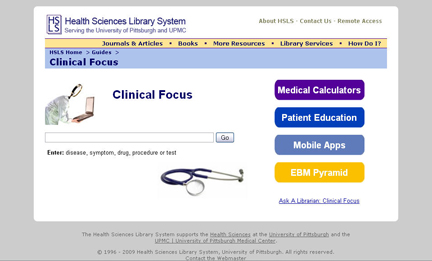

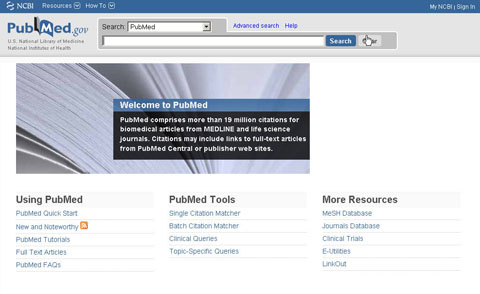
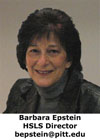
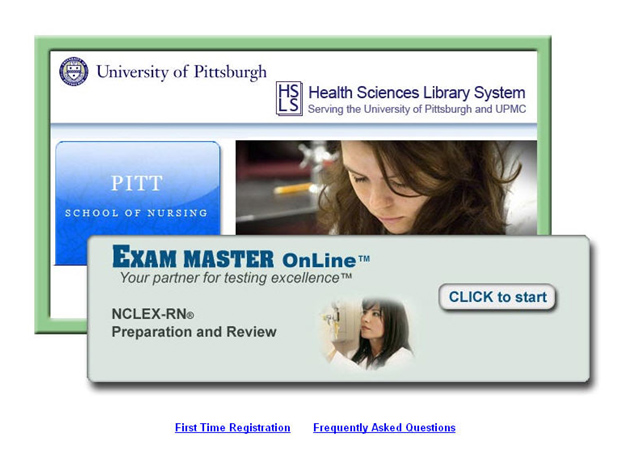
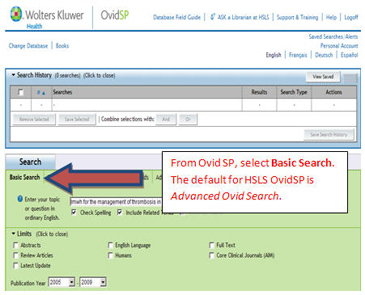
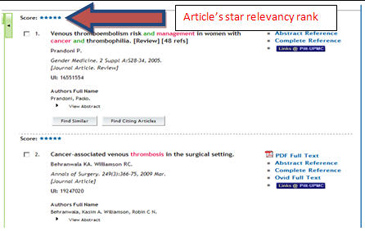
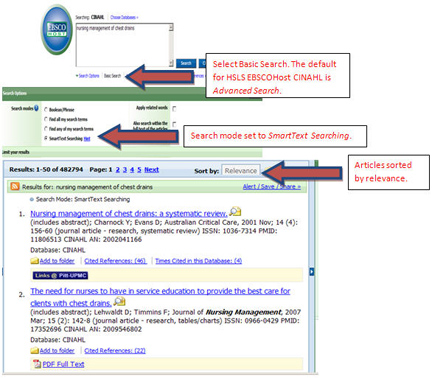
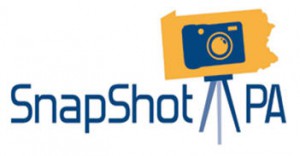
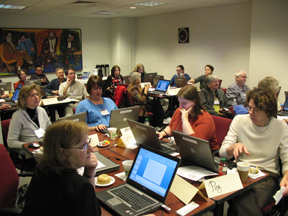 On November 9-11, 2009, HSLS faculty librarians presented an intensive 2.5 day
On November 9-11, 2009, HSLS faculty librarians presented an intensive 2.5 day 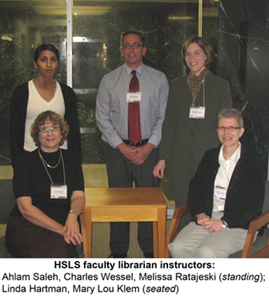 This workshop grew out of an HSLS internal working group to address the growing number of requests from University of Pittsburgh and UPMC faculty for assistance with systematic reviews and instruction in systematic review literature searching. The workshop attracted a large waiting list of applicants and will likely be offered again in the future.
This workshop grew out of an HSLS internal working group to address the growing number of requests from University of Pittsburgh and UPMC faculty for assistance with systematic reviews and instruction in systematic review literature searching. The workshop attracted a large waiting list of applicants and will likely be offered again in the future.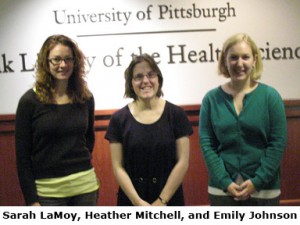 This year we welcome three Partner students.
This year we welcome three Partner students.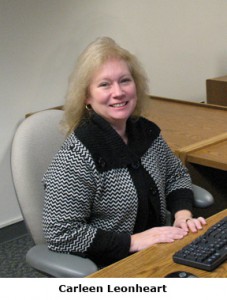
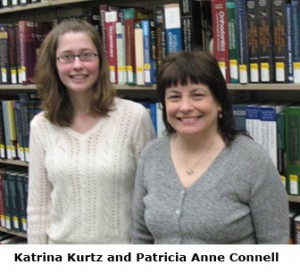 This year we welcome two Biomedical Informatics Trainees.
This year we welcome two Biomedical Informatics Trainees.
 By contrast, PubMed’s scope is clearly documented: 17,764,826 records (2009 baseline) from 5,398 journals back to 1949. From its link to the National Center for Biotechnology Information (NCBI)
By contrast, PubMed’s scope is clearly documented: 17,764,826 records (2009 baseline) from 5,398 journals back to 1949. From its link to the National Center for Biotechnology Information (NCBI)  The Medical Library Association has declared October as National Medical Librarians Month to raise awareness of the important role of the health information professional. Medical librarians are an integral part of the healthcare team. They have a direct impact on the quality of patient care and research by helping users stay current about advances in their specialty areas. They teach students and healthcare providers how to find and evaluate information, and provide access to resources in a variety of formats.
The Medical Library Association has declared October as National Medical Librarians Month to raise awareness of the important role of the health information professional. Medical librarians are an integral part of the healthcare team. They have a direct impact on the quality of patient care and research by helping users stay current about advances in their specialty areas. They teach students and healthcare providers how to find and evaluate information, and provide access to resources in a variety of formats.